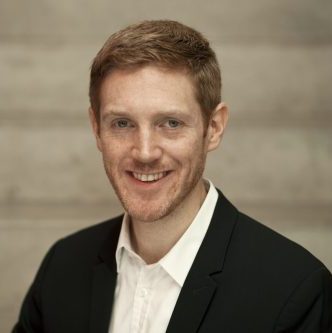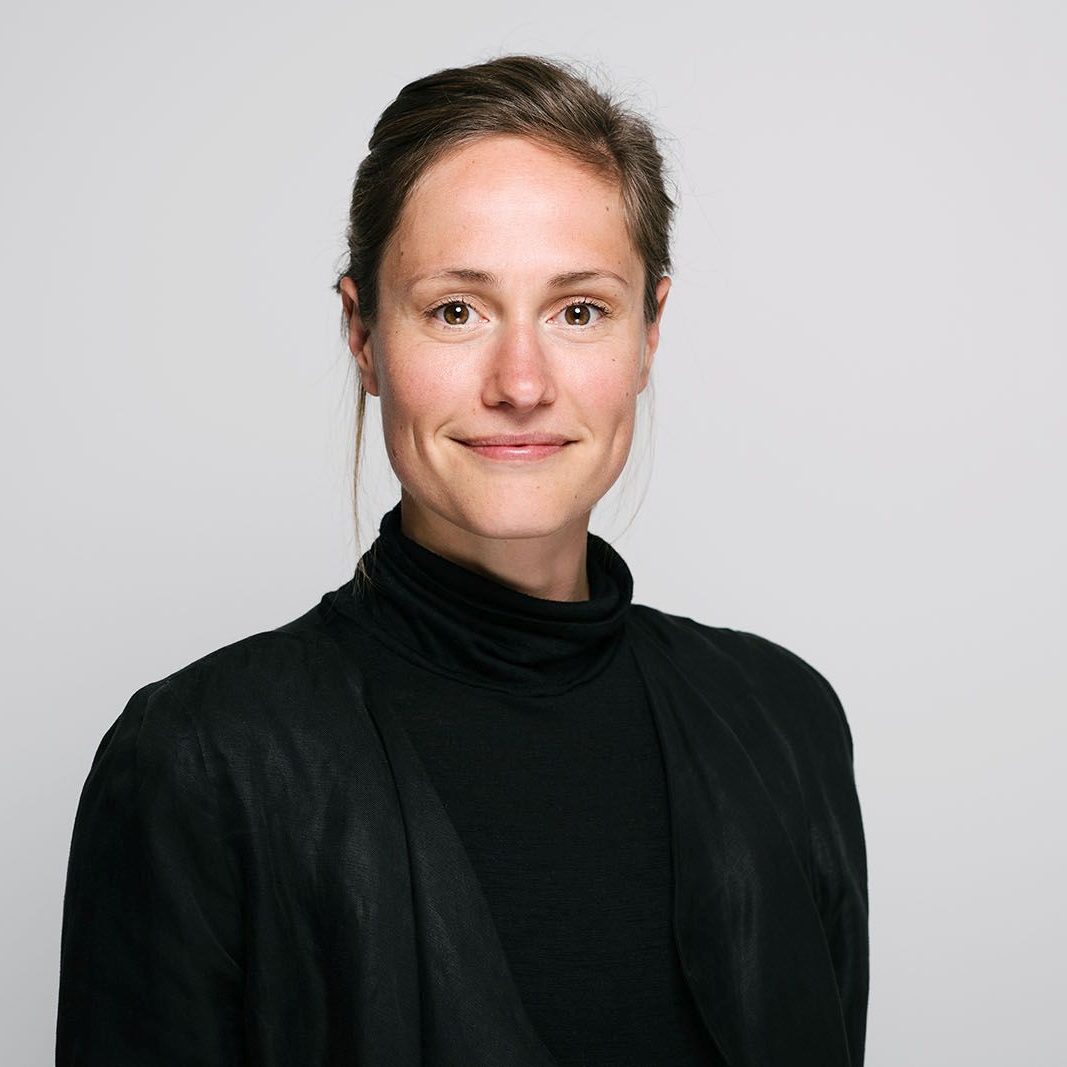Modalities
Mobilty Cultures
in Motion
Conference of the Ostfalia Endowed
Professorship for Cycling Management
September 4, 2025
Haus der Wissenschaft, Braunschweig/Germany
About the conference
How can we create mobility cultures that truly reflect people’s needs while making sustainable choices the obvious option?
This question brought together around 150 mobility experts and enthusiasts from across Germany at the conference “Modalities – Mobility Cultures in Motion” in early September. Discussions focused on cycling, which has gained momentum in recent years and is increasingly seen as a natural everyday way of getting around. At the same time, participants explored which political decisions, planning approaches, and societal shifts are needed to secure this progress for the future, and to ensure that the diverse needs of all people are taken into account.
“We decided to focus on mobility cultures because so much attention is usually given to infrastructure and planning. What sometimes gets forgotten is that change also needs to happen in people’s minds if we want things to truly shift.”
Prof. Dr. Jana Kühl
The theme was reflected in sessions that explored key dimensions of the mobility transition from different perspectives. Discussions ranged from political cultures and how to overcome deeply rooted car‑centrism, to the perspectives of groups often overlooked in mobility planning and whose needs are still insufficiently addressed. Other focal points included the role of infrastructure as a powerful force in shaping urban realities, and the development of new planning cultures that strengthen active mobility. Communication and media were also central topics: language, imagery, and public discourse shape how we think about mobility and offer opportunities to build a media culture “in favor of cycling.” Finally, participants engaged critically with the use of data acknowledging its potential to provide valuable insights for research and planning, while also questioning how it can reproduce power imbalances and invisibilities.
The Open Space contributions and the keynote by Prof. Dr. Meredith Glaser from the Urban Cycling Institute stood out as highlights of the conference. In her keynote, Prof. Glaser encouraged the cycling research community to look beyond existing mobility systems and to imagine alternative paradigms for transformative urban change. She emphasized the importance of social and political dynamics, as well as collaboration between academia, policymakers, and civil society.
The seven BMV endowed Chairs of Cycling significantly contributed to the success of the conference by sharing their expertise: Prof. Dr.-Ing. Christian Rudolph, Prof. Dr. rer. pol. Angela Francke, Prof. Dr.-Ing. Dennis Knese, Prof. Dr.-Ing. Martina Lohmeier, Prof. Dr. phil. Claudia Hille, and Prof. Dr.-Ing. Heather Kaths.
Conference within the framework of the BMV Endowed Chairs of Cycling


Many thanks to our sponsors:


Supported by:

Discussion paper
If you want to learn more about the Cycling Management Team, you can find the discussion paper on the conference topic here.
Program
Moderation: Jennifer Haacke
08:30 – 9:00
Arrival and registration
9:00
Welcome: Shaping mobility cultures – Potentials and levers of change
Prof. Dr. Jana Kühl | Ostfalia University of Applied Sciences
in German, translated into English
9:30
Moving from car culture to a culture of cycling?
Roman Willweber | Federal Mobility Forum, Federal Logistics and Mobility Office (BALM)
in German, translated into English
9:45
Keynote: Why cycling futures might not start with cycling
Prof. Dr. Meredith Glaser | Urban Cycling Institute
in English
10:30
Coffee and tea break
10:45
Parallel Sessions 1

Political cultures:
Moving beyond car-centrism
Despite the ambitious strategic goals outlined in the National Cycling Plan, the actual implementation of cycling promotion in Germany has not met expectations. What are the key political obstacles on the road of becoming a “cycling nation”? How can we address the growing regressive tendencies and the deeply entrenched car-centric mindset in transport policy? This session explores strategies for fostering a cultural shift in mobility policy towards active modes of transportation.
Session held in German
Moderation

Prof. Dr.-Ing. Christian Rudolph
TH Wildau
Stabilität und Wandel von Autozentrismus – Konzeptionelle Perspektiven aus Mobilitätsforschung, Politikwissenschaften und Transformationsforschung

Dr. Thomas Klinger
ILS – Institut für Landes- und Stadtentwicklungs-forschung
Die Wende, deren Name nicht genannt werden darf

Ragnhild Sørensen
Changing Cities e. V.

Changing perspectives:
Overlooked groups and active mobility
Certain groups —such as children, individuals with mobility impairments, caregivers or those with low incomes— are systematically disadvantaged by the current mobility system. This session examines the conditions of both mobility and immobility. What are the consequences of underrepresenting certain groups, along with their knowledge and lived experiences, in mobility planning? What do planning approaches look like when they account for everyone’s needs?
Session held in English
Moderation

Prof. Dr. rer. pol. Angela Francke
Kassel University
Unmet Needs, Unjust Journeys – Exploring Mobility Injustice Perceptions among Disadvantaged Groups

Esma Gelis
KIT – Karlsruher Institut für Technologie
The view of people with disabilities on bike sharing – insights and recommendations from a European study

Dr. Alexandra König
German Aerospace Center (DLR)

Mobility by design:
The power of infrastructures
Infrastructures shape our built realities. They are long-lasting and powerful sociocultural and political constructs: they (co-)determine who is mobile and how. This session explores how infrastructures shape realities and thereby wield power. What does an infrastructure design practice look like that considers all mobility needs and promotes intermodal mobility? How can best practices in infrastructure design help people choose more sustainable mobility options?
Session held in German
Moderation

Prof. Dr.-Ing. Martina Lohmeier
Hochschule RheinMain
Wie Infrastruktur das Verhalten Radfahrender beeinflusst

Dr.-Ing. Sebastian Hantschel
TU Dresden
11:45
Coffee and tea break
12:00
Parallel Sessions 2

Planning cultures:
Alliances for active mobility
The transition to sustainable and socially equitable mobility in cities, towns, and regions requires effective management, administration, and decision-making processes. What changes are needed at the various levels of governance to promote sustainable mobility options? Which innovative strategies, experiments, or participatory formats show promise for advancing the mobility transition? Which stakeholders are needed to achieve this? This session examines approaches to planning cultures that promote active mobility.
Session held in German
Moderation

Prof. Dr.-Ing. Dennis Knese
Frankfurt UAS
Langsame Planung statt schneller Wende? Über Planungsbeschleunigung in kommunalen Verwaltungen

Dr. Michaela Christ
Deutsches Institut für Urbanistik gGmbH
Urbane (Verkehrs-)Experimente als Katalysator für Innovationen in der Kommunalen Planungspraxis?

Franziska Schreiber
Stadt Freiburg im Breisgau & Universität Stuttgart

Change through communication: Building a pro-cycling media culture
The session addresses the role of language and visual imagery, as well as the role of communication and media, in shaping the mobility transition. What notions of mobility are produced, reproduced, and sometimes challenged by the media? The session shed light on the discourses that influence how mobility is written about, produced, and discussed across various media. What conclusions can be drawn for a media culture that promotes active mobility?
Session held in German
Moderation

Prof. Dr. phil. Claudia Hille
Hochschule Karlsruhe
Wer fährt Rad in Film und TV? Wie Bewegtbild klimagerechter kommunizieren kann

Prof. Dr. Julia Bee
Ruhr-Universität Bochum
Zum Diskurs über getötete Radfahrer*innen in Berlin, 2016 – 2021

Marlene Sattler
TU Berlin

Measuring mobility: Potentials and limitations of data
How is knowledge generated in mobility research and planning? Data plays a pivotal role in this process, with its potential significantly enhanced by the rapid advancements in AI and smart technologies. This session critically and constructively explores the potentials, limitations, and underlying logics of knowledge generation and ways of knowing in mobility research and planning. It examines what information and needs can be uncovered through data processing and other forms of knowledge generation and considers which power structures and inequalities may remain obscured or overlooked during the process?
Session held in English
Moderation

Prof. Dr.-Ing. Heather Kaths
University of Wuppertal
Assessing bikeability in a socio-spatially differentiated way

Prof. Dr. Christoph Haferburg
University of Hamburg

Marius Hufnagel
University of Hamburg
13:00
Lunch break
Optional: TU Braunschweig cafeteria (self-paying)*
*Regrettably, we’re unable to provide lunch due to budget limitations.
14:00
Open Spaces
Politics and Governance
Machtvolle Gestaltung von Mobilitätskulturen
Michael Pollok | Federal Institute for Research on Building, Urban Affairs and Spatial Development
Enhancing cycling culture through real-life experiments: Learnings from a case study in Mekelle, Ethiopia
Azeb Tesfaye Legese | Kassel University
Govern4Bikes – Wie kann interkommunale Zusammenarbeit in der Radverkehrsplanung gelingen?
Isabella Breeck | TU Braunschweig
Society and Media
Subjektive Sicherheit im urbanen Raum: Mobilitätsentscheidungen junger Menschen
Franziska Palm | RheinMain University of Applied Sciences
New Routes, Old Roots:
Shaping mobility education for diversity in students aged 11–14
Shreya Singh | Kassel University
Argumentieren für die Verkehrswende
Tim Albrecht | fairkehr
Infrastructures and Mobility Design
Dörfer-Vernetzung – Unterschätzter Impuls für die Mobilitätskultur?
Dagmar Thume | geRADeWEGs Gotha
Fußverkehr – Aktionen und Projekte deutschlandweit
Sandra Conrad-Juhls | VCD Bremen e. V.
Wie wirkt sich Hitze auf das Radfahren aus?
Ergebnisse einer Haushaltsbefragung in Baden-Württemberg und Mecklenburg-Vorpommern
Dr. Uta Burghard | Karlsruhe University of Applied Sciences
15:00
Short break for room changes
15:15
Shaping cultural change – Interactive dialogue
Dr. Maximilian Hoor
Dr. Thomas Klinger | ILS – Institut für Landes- und Stadtentwicklungsforschung
Prof. Dr. Jana Kühl | Ostfalia University of Applied Sciences
in German, translated into English
15:45
Wrap-up and closing remarks
Prof. Dr. Jana Kühl, Ostfalia University of Applied Sciences
in German, translated into English
approx. 17:00 – 18:00
Accompanying program: Guided city tours in Braunschweig (on foot or by bike)
Option 1:
Discovering (mobility) highlights in Braunschweig on foot (in German)
Option 2:
Braunschweig on two wheels: Exploring the city with the cycling management team (in German or English upon need)
Thank you for joining us a the conference!
Team Cycling Management
